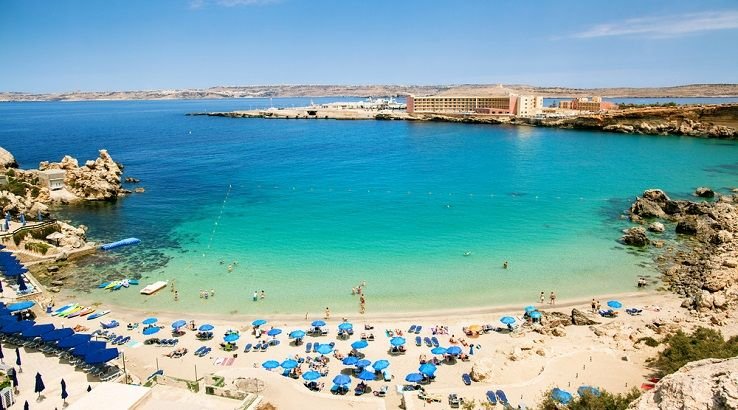Due to clearly prescribed legislation, Malta now accounts for the largest share of world trade in crypto-currencies. This April 29 reported the publication Business Insider, referring to a recent study conducted by experts of the bank Morgan Stanley.
The team of experts Morgan Stanley, headed by analyst Dr. Shina Shah, investigated the distribution of crypto-exchange exchanges across countries, as well as the volume of trade in crypto-currencies. Specialists relied on Coinmarketcap data and registration information on the websites of the respective exchanges.
The five countries with the largest volume of trade in crypto-currencies included Malta, Belize, Seychelles, the United States and South Korea. The countries with the largest number of crypto-exchange exchanges are Great Britain, Hong Kong, the USA, Singapore and Turkey.
Researchers have noticed the following paradox: Malta and Belize are the first and second places in terms of the volume of crypto-currency trade on a global scale, but only 22nd and 24th places respectively in the number of registered crypto-currency companies.
According to experts, the alleged contradiction is explained by the fact that these two small countries are home to the two largest exchanges in the world (by trade volume). Thus, in March of this year, Binance announced its readiness to transfer operations from Hong Kong to Malta, and Belize officially registered the second in the world in terms of trading volume (according to Coinmarketcap data), the OKEx exchange. Shah commented:
The largest exchange Binance announced its intention to open a headquarters in Malta. If you do not consider this company, then Malta will drop sharply in the list.
Among other curious discoveries of the Morgan Stanley team is the fact that despite the record number of exchanges in its jurisdiction, the United Kingdom can boast only 1% of the global trade volume.
According to Shah, for the crypto-exchange markets one of the main factors in deciding which country to register is the nature of local legal norms. According to her, in order to attract exchanges, the legislative base is not obligatory to be liberal. Rather, the rules should be clearly spelled out so that the stock exchanges know what to expect and be able to plan.
Shah says:
Clear, but also attractive legislation of the country pushes the exchange to a choice in its favor. We are talking about the norms regulating the turnover of digital tokens and assets, the anti-money laundering policy, taxation, etc. Legislative clarity is one of the factors of attractiveness for companies that are able to plan for the future with clear rules of the game, because they know what they can count on. Low taxes are a blessing.
This assumption is confirmed by the experience of Malta, whose authorities recently announced that they intend to create a regime favorable to the crypto-currency. Morgan Stanley's research shows that the establishment by the Maltese government of a well thought-out legislative framework for the circulation of digital currencies brings the expected benefits.